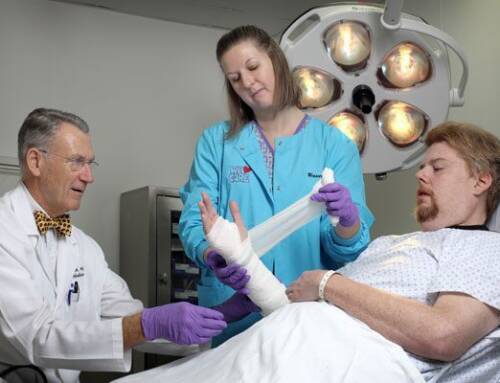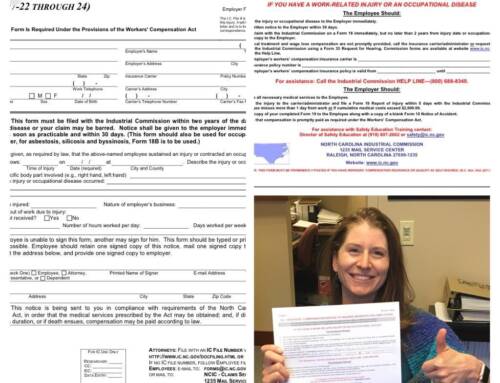Attendant care can be ordered by the treating physician for an injured worker when s/he needs some type of assistance with daily activities, like bathing, cooking, or help with walking. For example, the treating doctor could order two hours a day for light household assistance or more significant assistance (e.g. dressing and bathing) depending on the patient’s condition. Attendant care professionals are sometimes referred to as home health aides and have varying levels of skilled training. In some cases, an injured worker’s spouse or family member may be authorized to provide these services and receive payment for his or her time. In North Carolina, these services can be paid for by workers’’ compensation.
Over the past several years, the case law and statutory law on attendant care has been evolving. The North Carolina legislature in 2011 created a prerequisite that an injured worker obtain an order from the authorized treating physician as well as approval from the insurance company (or the Industrial Commission) before attendant care services will be authorized.
Last week the North Carolina Supreme Court released two opinions addressing the issue of attendant care in workers’’ compensation cases (see Mehaffey v. Burger King and Chandler v. Atl. Scrap & Processing). The issue in these cases dealt primarily with when or how an injured worker could request attendant care services before the 2011 legislative change, and whether the injured worker could require the workers’’ compensation insurance company to pay retroactively for attendant care services provided by a family member. If you think you may be entitled to attendant care benefits then you should probably discuss this issue with an attorney. Restrictions apply and it has become a complicated area of law.






